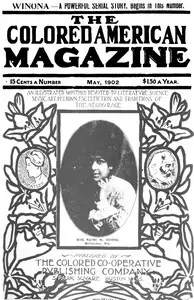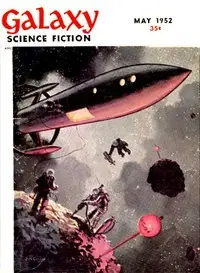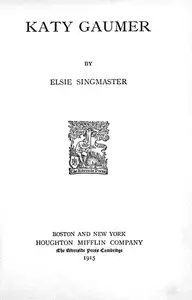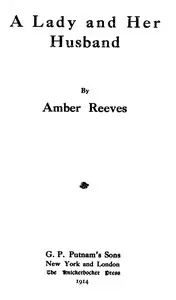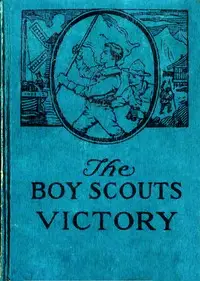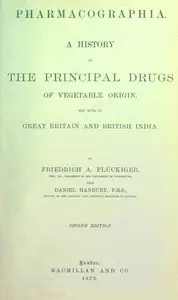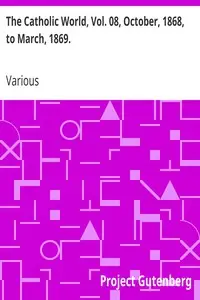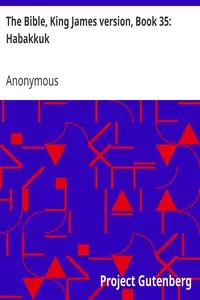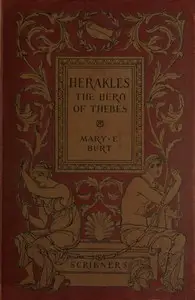"Of One Blood: or, The Hidden Self" by Pauline E. Hopkins is a novel written in the early 20th century. The story centers around Reuel Briggs, a talented but impoverished student living in Boston. As he grapples with existential thoughts and the mysteries of life, he becomes intrigued by psychological phenomena and the concept of the "hidden self." His fate intertwines with that of Dianthe Lusk, a beautiful singer whose talent captivates him, and they embark on a journey marked by themes of love, identity, and racial dynamics in post-Civil War America. The opening of the novel introduces Reuel Briggs, who is depicted as a lonely and introspective young man consumed by thoughts of purpose and determination. During a particularly dreary November day, he immerses himself in a book on mysticism, sparking his desire to explore the depths of human consciousness. An unexpected visit from his friend, Aubrey Livingston, leads to discussions about the complexities of life, the struggles faced by African Americans, and the upcoming concert featuring Southern jubilee singers. As Reuel becomes increasingly haunted by a vision of Dianthe, the narrative hints at the profound connection their lives will share, grappling with the themes of fate and the challenges posed by societal norms. This engaging beginning sets the stage for a compelling exploration of identity and emotional depth as the characters navigate the intersections of love and societal prejudice. (This is an automatically generated summary.)
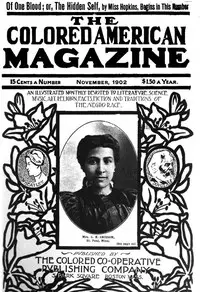
Of one blood: or, The hidden self
By Pauline E. (Pauline Elizabeth) Hopkins
Wikipedia page on this work: https://en.wikipedia.org/wiki/Of_One_Blood_(novel)
Pauline Elizabeth Hopkins was an American novelist, journalist, playwright, historian, and editor. She is considered a pioneer in her use of the romantic novel to explore social and racial themes, as demonstrated in her first major novel Contending Forces: A Romance Illustrative of Negro Life North and South. In addition, Hopkins is known for her significant contributions as editor for the Colored American Magazine, which was recognized as being among the first periodicals specifically celebrating African-American culture through short stories, essays and serial novels. She is also known to have had connections to other influential African Americans of the time, such as Booker T. Washington and William Wells Brown.

